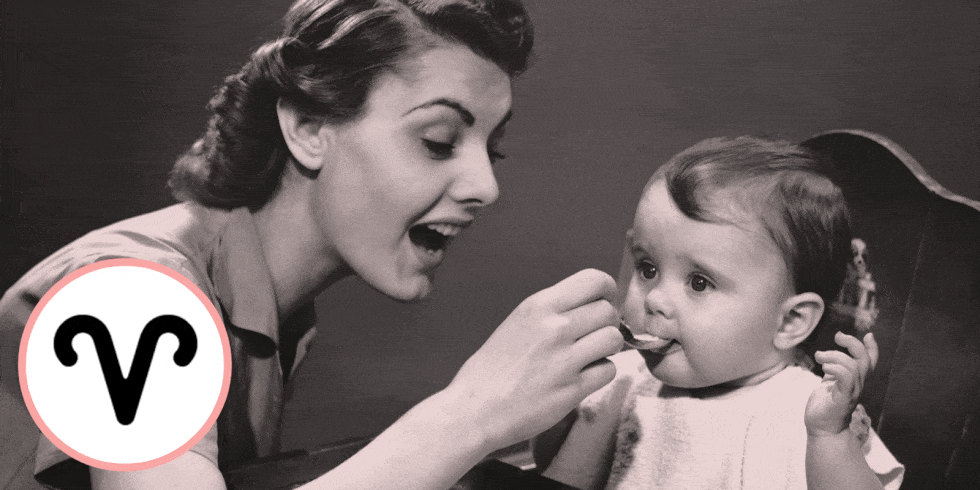
There have been many studies in the form of cognitive therapy known as Mindfulness-Based Cognitive Therapy and how it can be applied to help those suffering from anxiety and chronic depression. But what exactly makes this MBCT so successful and how does it work?

What Is MBCT?
Cognitive-behavioral therapy has long been recognized for its ability to help patients improve their mental health. It teaches them how to recognize patterns of negative self-talk, with the aim of redirecting these thoughts into more constructive ones. MBCT combines these techniques with mindfulness practices such as meditation.

MBCT for Depression
Many people with chronic depression find that they are prone to automatic patterns of negative thoughts, that reinforce their bad feelings and keep them locked in a cycle of depression. As part of the therapy, patients are taught to notice these automatic loops and try to examine them without judgment. Rather than trying to fix or suppress these negative commentaries, the aim is to try and redirect them into more positive thoughts that better reflect reality.
Psychologist and author, Daniel Goleman explains, “Instead of getting sucked into our emotions or our thoughts, which is what happens when we’re depressed or anxious, we see them as those thoughts again, or those feelings again, and that disempowers them.” Clinical trials have been conducted on the use of MBCT for the treatment of severe depression, comparing the treatment to routine treatments including antidepressants. Results from nine studies show that MBCT was successful in reducing the chance of relapse into a depressive state for up to 60 weeks.

The Mindfulness Aspect
Mindfulness practices like meditation, body scanning, and yoga have been long proven to reduce stress and improve sleep, but it’s their ability to improve metacognitive awareness that makes them so useful for MBCT. This awareness improves a patient’s ability to recognize their negative thought patterns and the impact they have on their lives.
“Mindfulness and other meditations, particularly combined with cognitive therapy, work just as well for anxiety or depression as the medications do, but they don’t have those side effects,” Goleman concludes.

How Treatment Works
Unlike traditional cognitive therapy, which is used by psychologists as they see fit, MBCT was developed with a more structured approach. The therapists who conceptualized MBCT created an eight-week intervention program that combines group sessions with self-directed work.
Participants meet once per week for a two-hour session, during which time they are introduced to the concepts of the therapy and specific techniques, such as a three-minute breathing exercise. In their own time, patients will listen to instructive recordings, practice meditation, and apply the concepts they have learned during the group session.

Other Issues That Benefit From MBCT
Though MBCT was pioneered with the treatment of severe depression in mind, it has proved to have applications for other mental conditions including generalized anxiety, issues with addiction, and those with depression due to physical conditions such as brain injury. MBCT may also alleviate symptoms of physical illness such as diabetes and cancer.
















